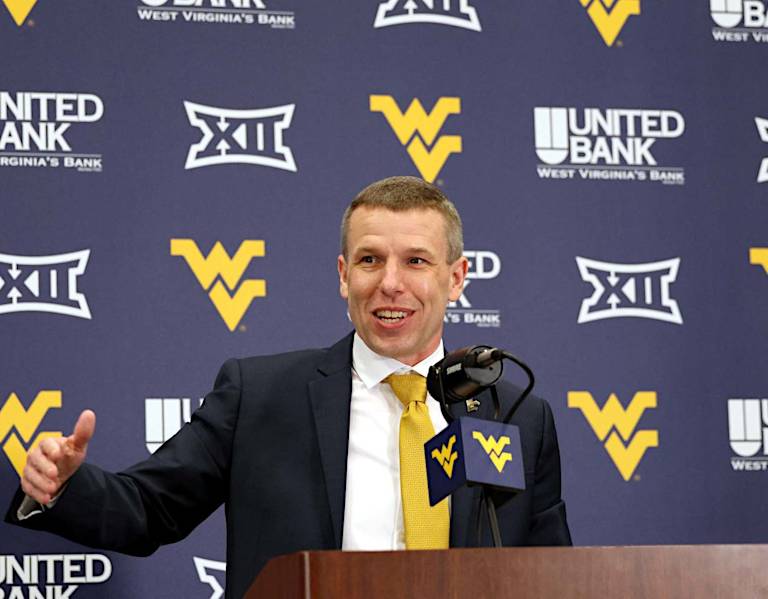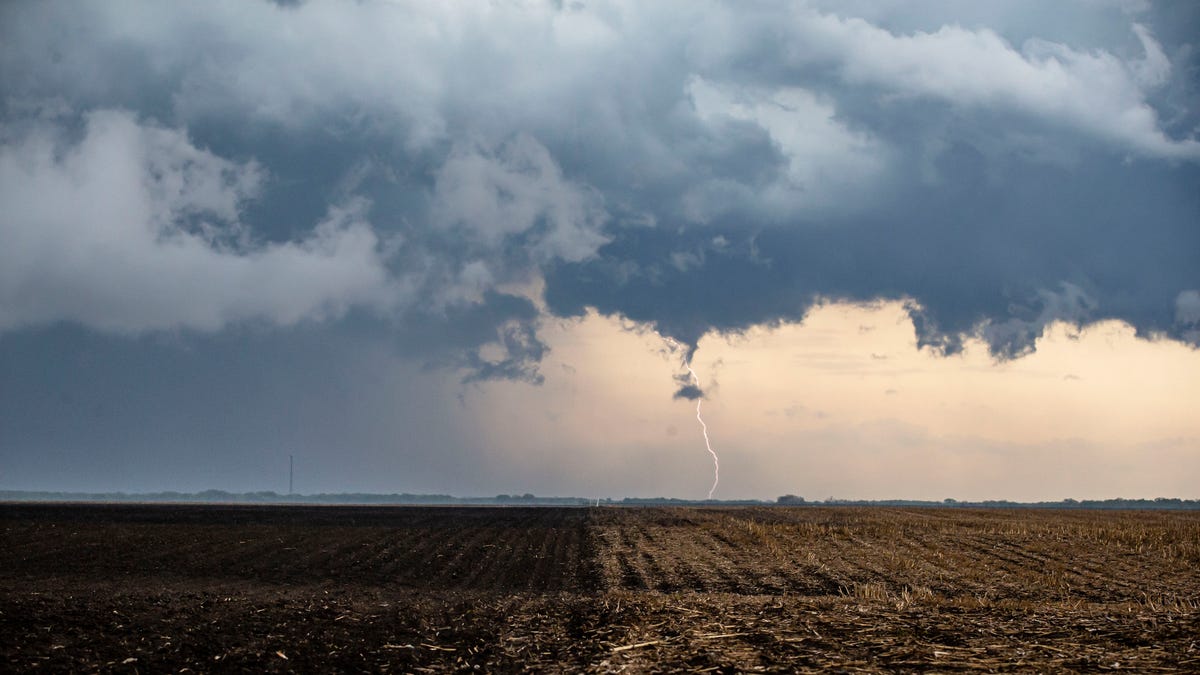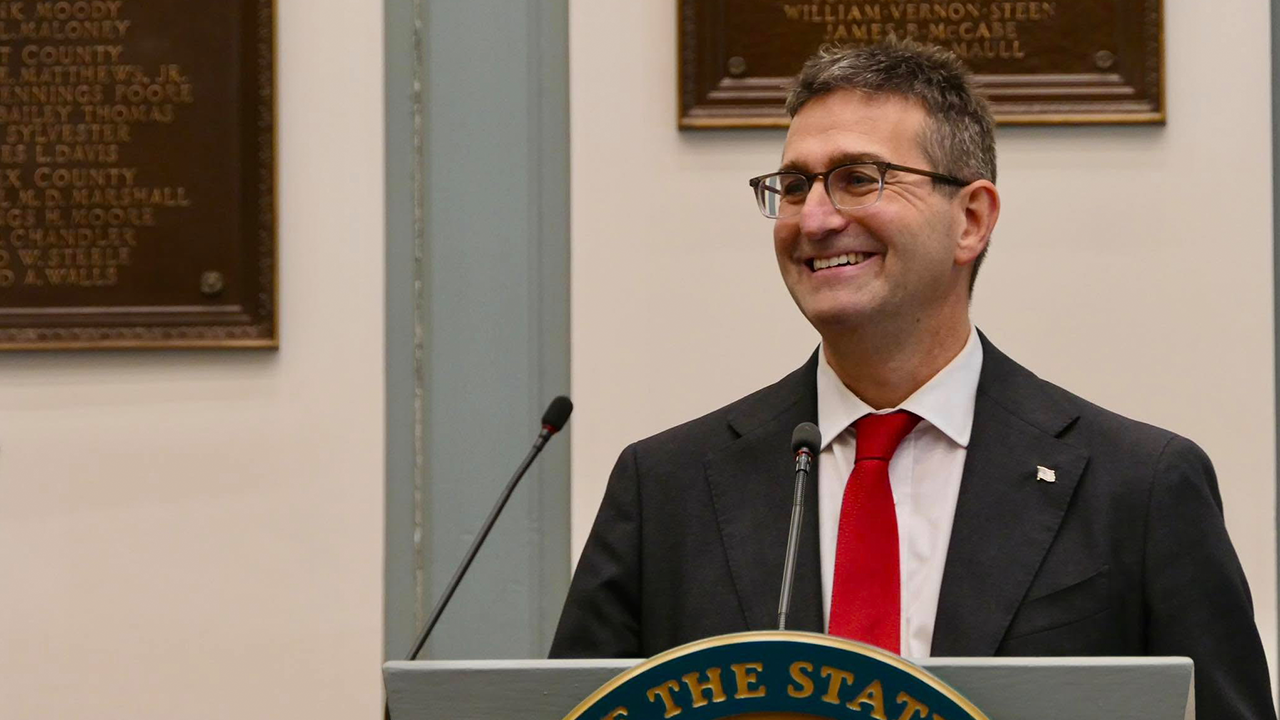Virginia
NFL Draft Profile: Johnny Jordan, Offensive Lineman, Virginia Tech Hokies


Virginia
Obituary for Virginia Letitia (Doak) Winston at Coffman Funeral Home and Crematory

Virginia
VIRGINIA STATE POLICE TO HONOR ITS FALLEN DURING 2025 LAW ENFORCEMENT OFFICERS' MEMORIAL SERVICE – RealRadio804

RICHMOND – The men and women of the Virginia State Police and their families will gather in Richmond on Wednesday, May 21, 2025, to honor all public safety professionals who have given the ultimate sacrifice in service to the safety of the Commonwealth of Virginia. Governor Glenn Youngkin will be the ceremony’s keynote speaker.
Wednesday’s service will recognize all 67 of the Department’s law enforcement professionals who have died in the line of duty, to include a special tribute to the following sworn members in which 2025 marks a significant milestone:
Inspector Thomas A. Belt, 95 Years Trooper Donald E. Lovelace, 55 Years
Trooper William R. Thompson, 90 Years Investigator Claude E. Seymour, 50 Years
Trooper George F. Miller, 80 Years Trooper Leo Whitt, 40 Years
Trooper William T. Flippen Jr., 80 Years Trooper Henry N. Harmon, 30 Years
Trooper Joseph B. Thomas, 75 Years Trooper Mark D. Barrett, 15 Years
Trooper Robert E. Porter, 75 Years Trooper Nathan-Michael W. Smith, 10 Years
Trooper Jackie M. Bussard, 55 Years
Each tribute includes a single bell toll and an Honor Guard salute. Additional information on those being honored is available at https://vsp.virginia.gov/about-us/woodson-gallery.
Virginia State Police 2025 Police Officers’ Memorial Service – Media are Invited to Attend
Date: Wednesday, May 21, 2025
Time: 10:30 a.m.
Location: Virginia State Police Gymnasium, 7700 Midlothian Turnpike, North Chesterfield, Va.
Virginia
Hodge discusses goals for West Virginia hoops in year one

West Virginia head coach Ross Hodge has goals for his first season in Morgantown.
Hodge appeared on Jon Rothstein’s podcast and was asked what he hopes to accomplish in his first year leading the Mountaineers basketball program.
“I obviously want to get back to the NCAA tournament, you know, one. I mean, that’s the ultimate goal. I mean, the ultimate goal would be, you know, to win a national championship,” he said. “I think that’s what everybody wants to do. And obviously, it’s not easy to do, but that’s what we want to do here.”
The Mountaineers narrowly missed the field last season at 19-13, being the first team left out but then the program endured its fourth coaching change since June of 2023. That meant Hodge inherited a program that needed to be completely rebuilt with no returning players or coaches from a season ago.
But in order to potentially make the NCAA Tournament, the focus will be on putting together a team that’s not only connected and tough but plays for each other.
Hodge has been doing just that with 10 roster additions to date with eight of those coming from the transfer portal, as he looks to jumpstart what his team can do in year one.
“In this time period it does give you the opportunity to put a roster together quicker than you would if the portal wasn’t a thing,” he said. “And kind of shape a roster that you believe in. And I feel good about what we’ve been able to get so far and just got to finish it strong here.”
Those players will start arriving on campus soon to start that process and Hodge is excited for the challenge.
“And the journey begins,” he said.
-

 Technology1 week ago
Technology1 week agoMexico is suing Google over how it’s labeling the Gulf of Mexico
-

 Politics1 week ago
Politics1 week agoDHS says Massachusetts city council member 'incited chaos' as ICE arrested 'violent criminal alien'
-

 Education1 week ago
Education1 week agoA Professor’s Final Gift to Her Students: Her Life Savings
-

 Politics1 week ago
Politics1 week agoPresident Trump takes on 'Big Pharma' by signing executive order to lower drug prices
-

 Education1 week ago
Education1 week agoVideo: Tufts Student Speaks Publicly After Release From Immigration Detention
-

 News7 days ago
News7 days agoAs Harvard Battles Trump, Its President Will Take a 25% Pay Cut
-

 Culture1 week ago
Culture1 week agoTest Yourself on Memorable Lines From Popular Novels
-

 News1 week ago
News1 week agoWhy Trump Suddenly Declared Victory Over the Houthi Militia


















